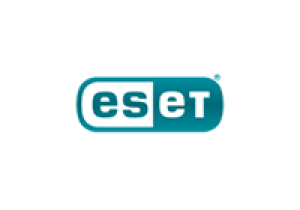
Barbara Ubaldi
Ms. Ubaldi has been serving the OECD as Policy Analyst since February 2009. In this capacity, she managed a number of thematic reviews on e-government and participated in several Public Governance Reviews, which include Denmark, Greece, Mexico, Italy, Estonia, Egypt, Spain and France. Ms. Ubaldi has been co-ordinating for the past three years the OECD work on e-government indicators and the analysis on the use of new technologies - e.g. cloud computing, mobile technology – to enhance public sector’s agility and mobility.
Prior to joining the OECD she worked for more than seven years as Programme Officer at the United Nations’ Department of Economic and Social Affairs in New York where she was responsible for the full scale management of technical cooperation programmes targeting e-government and ICT use in the public sector, and for developing the content of online self-assessment and capacity building tools in the area of e-government and knowledge management.
Ms. Ubaldi graduated in Political Science at LUISS University in Rome and has a Master Degree in International Trade. She also holds a Master of Science in Public Administration and Development Studies from North Eastern University in Boston, where she was a Fulbright Scholar in 2000-2001. She has previously studied international relations, international economics and law.
-
View of OECD on current trends and strategies in e-Government, possible inspirations for Slovakia
-
Legislative and Regulatory Frameworks for eGovernment Implementation
OECD country experiences show that the success of e-government initiatives is dependent on the establishment of a proper legal and regulatory framework. E-government programmes and activities require in fact a legal framework – legislation, guidelines and standards – that enables online provision of services and information; and often archaic laws, old regulatory regimes, and overlapping and conflicting responsibilities have shown to complicate the implementation of e-government projects. The development of a e-friendly regulatory framework should therefore be a priority in the definition of any national e-government strategy.
OECD experiences indicate that to establish the adequate legal and regulatory framework countries can opt for different strategies and approaches. There is no right approach to the development of a proper legal and regulatory framework as the national cultural and administrative context matters. Nevertheless, a common problem is the need of taking into account the need of ensuring the sustainability of laws that target technology. As technology changes rapidly, the legal and regulatory framework for e-government should be technologically neutral and instead of defining the technology to be used it should specify the performance or results desired.
The presentation provides an overview on the importance of establishing an adequate legal and regulatory framework for e-government and on the different approaches adopted by OECD countries to reach this objective.



















